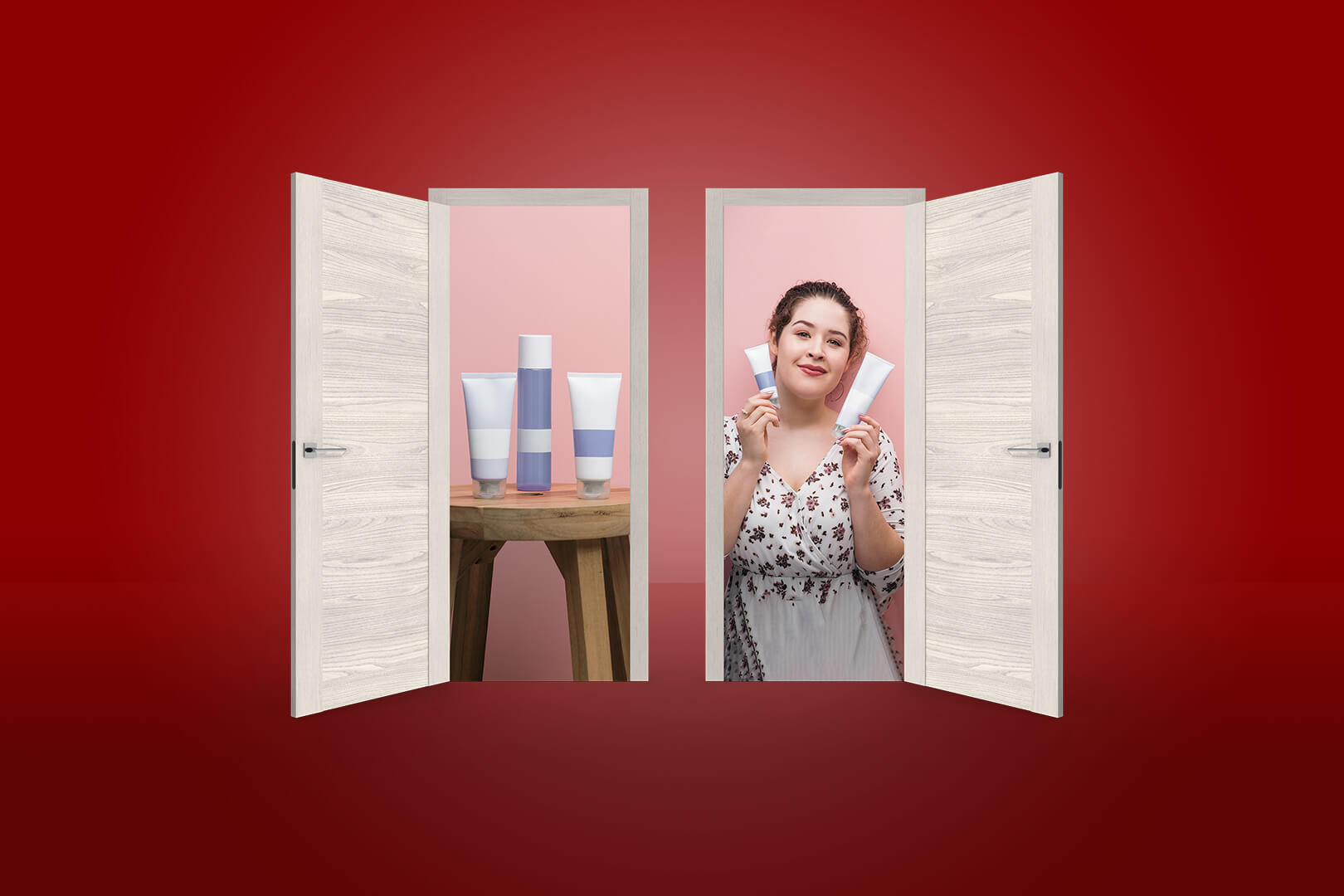All around us is talk of social media influencers. Whether it’s a brand wanting to mimic trends on TikTok, shifting budgets to accommodate influencer partnerships, or meetings about what makes content “authentic” or not.
Oftentimes in the marketing space the largest question for a brand is how much of their content should be influenced by the influencers. The truth is, like any good marketing strategy, it depends on the company, the audience and the marketing objectives. So let’s break it down into a few major topics that should be considered for thought-starters.
What do you have to offer?
Ask yourself this question, but go beyond products and services. Yes, it is important to get your company offerings out there, but a whole feed of videos that look like ads is where we draw the line for any brand. Too much branded is just that, too much.
Let’s think more about what your brand has to offer beyond the products. Another way to think about this is by asking, “What makes the brand unique?” So instead of saying: we sell clothes, it’s a matter of saying, “our clothes are the best products for outdoor activities.”
When you’ve established unique attributes, think about what you can offer to the community that enjoys your products. If the brand offers luggage this could be providing travel advice, packing tips, beautiful images of places to add to a bucket list… There are so many possibilities to share useful, enjoyable content that is still on brand—and provides plenty of opportunities to share your brand.
One of the biggest brands who has embraced “what do we offer” beyond products is Apple. Technically they offer phones, computers, headphones, etc. But their Instagram is all about providing photo tips for followers.

What does your audience want to see?
This may be where influencers vs. branded content weighs most heavily on the conversation. When you consider topics and individual posts that are relevant to your brand and audience, think about:
- Who is best equipped to share the info?
- What will resonate with the audience?
- What kind of formatting makes most sense?
- Should it change based on the social media platform?
The answers can change depending on what’s happening. The brand itself may be the best to post deep insights about a specific product, but a review from an influencer could be a better way to share an overview that followers can resonate with.
Check out organicgirl’s answer to balance—a mix of studio-made recipes, influencer content and audience reshares.

How can you stay authentic?
There is no completely wrong way to go when determining how much influencer vs. branded content—unless you’re trying to do 100% of one of the other.
As we mentioned earlier, too much branded content will often come across as an ad. But too much influencer content can take away from your main goals: interest in your services. Authenticity is finding a balance that is true to the brand.
Let’s take Summer Fridays as an example. Almost every single post is about a product, yet many of them mix product with influencer-feeling content—and with amazing follower results.

One of the biggest mistakes brands make on social media is trying to be everything to everyone. What makes you unique as a brand is also what makes your audience like you. Stay true to this and you can remain authentic through both branded and influencer posts.
Looking for more great branded vs. influencer examples? Stay tuned for our next post with a recap of Reel favorites, and why they resonate.
